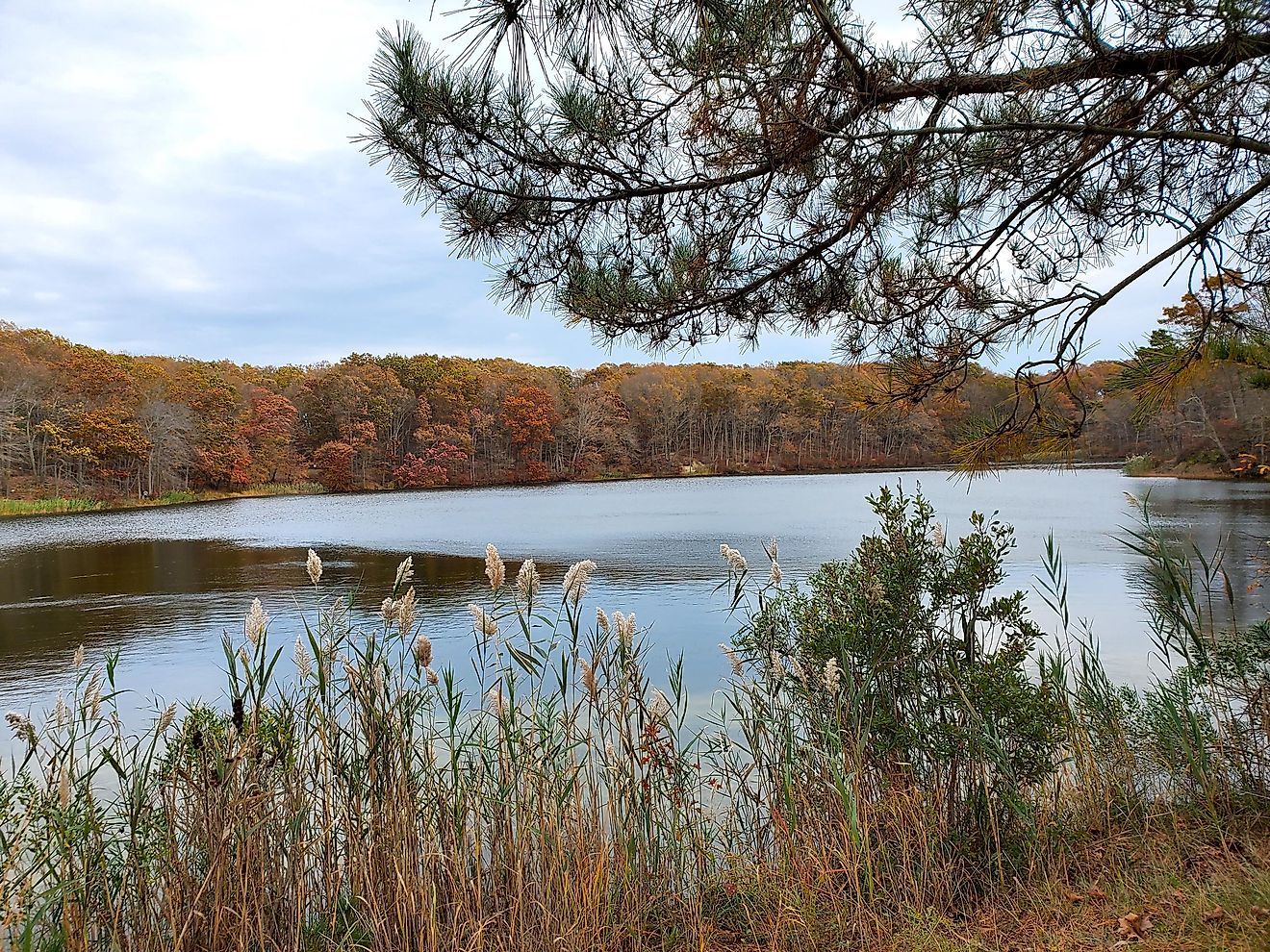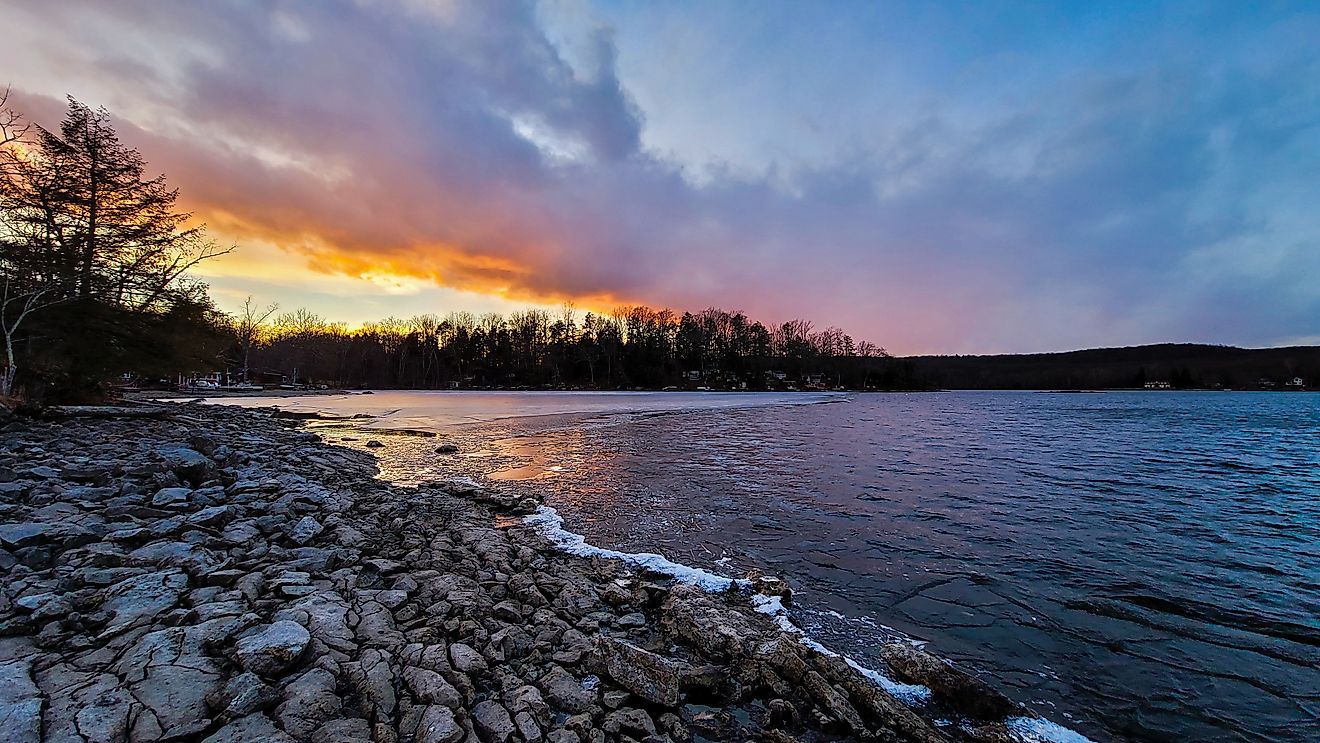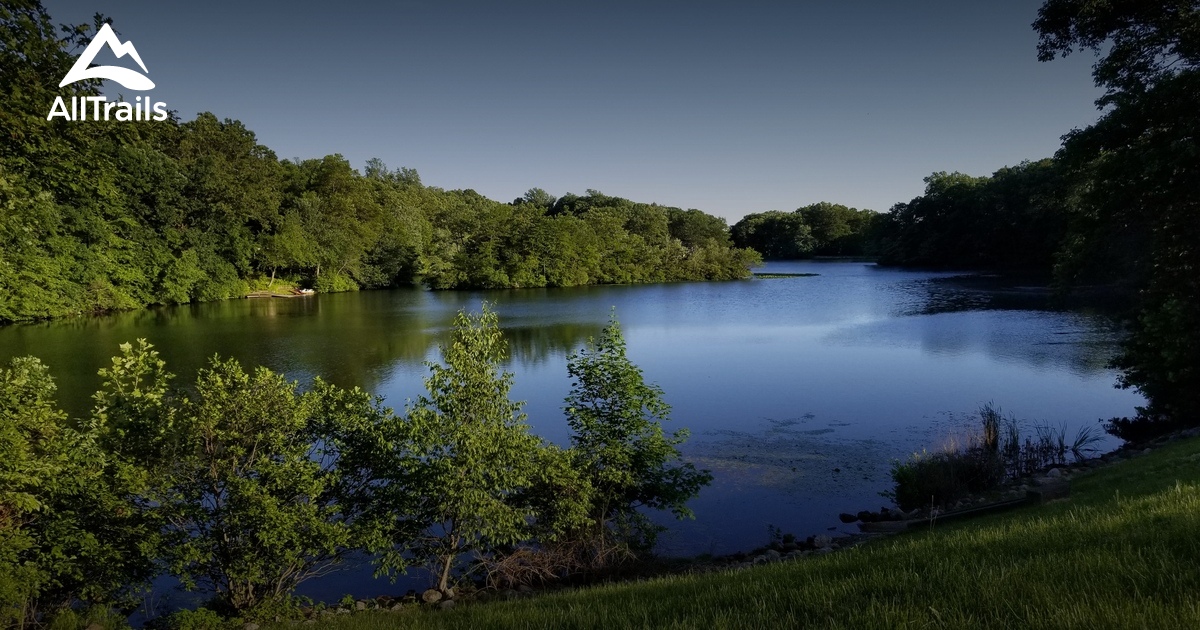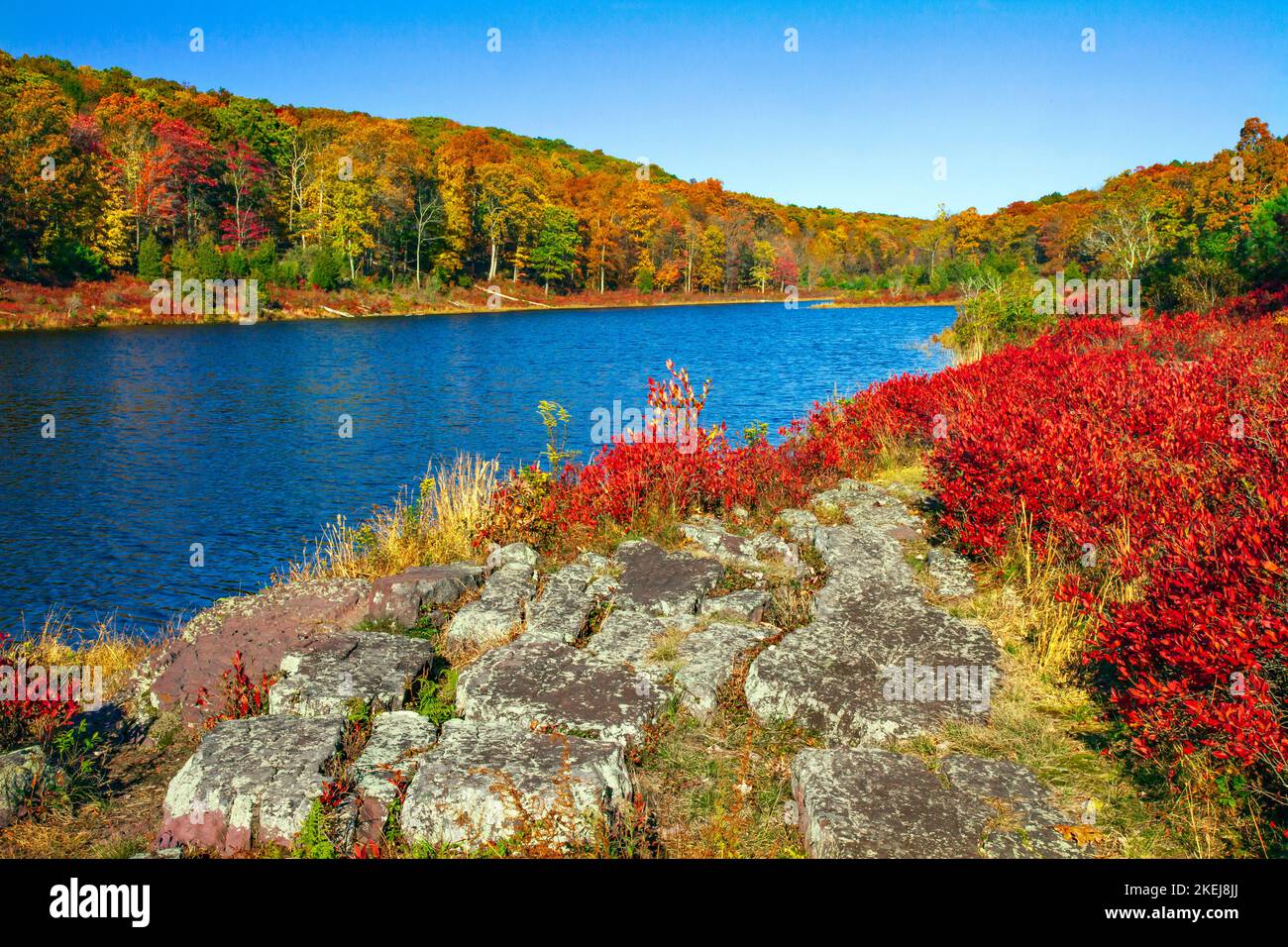Navigating the Beauty of New Jersey’s Mountain Lakes: A Comprehensive Guide
Related Articles: Navigating the Beauty of New Jersey’s Mountain Lakes: A Comprehensive Guide
Introduction
In this auspicious occasion, we are delighted to delve into the intriguing topic related to Navigating the Beauty of New Jersey’s Mountain Lakes: A Comprehensive Guide. Let’s weave interesting information and offer fresh perspectives to the readers.
Table of Content
Navigating the Beauty of New Jersey’s Mountain Lakes: A Comprehensive Guide

New Jersey, often thought of as a densely populated state, holds within its borders a surprising array of natural beauty, including a network of serene mountain lakes. These bodies of water, nestled amidst the rolling hills and forests of the state’s northwestern region, offer a tranquil escape from the urban bustle and a gateway to a diverse range of recreational activities.
A Geographic Overview
New Jersey’s mountain lakes are primarily located in the state’s Highlands region, a vast expanse of protected land encompassing over 800,000 acres. This region, characterized by its rolling hills, dense forests, and numerous streams and rivers, provides the perfect backdrop for the formation of these freshwater gems. The lakes themselves vary in size and depth, ranging from small, intimate ponds to expansive reservoirs.
A Diverse Landscape of Mountain Lakes
The most prominent mountain lakes in New Jersey include:
-
Lake Hopatcong: The largest lake in New Jersey, Lake Hopatcong is a sprawling body of water known for its diverse shoreline, offering a mix of residential areas, public parks, and forested areas. The lake is a popular destination for boating, fishing, swimming, and water sports.
-
Lake Mohawk: Situated in the heart of the Sussex County countryside, Lake Mohawk is a picturesque lake surrounded by a private community. Its charming waterfront homes and serene atmosphere provide a tranquil retreat for residents and visitors alike.
-
Lake Wallenpaupack: While technically located in Pennsylvania, Lake Wallenpaupack is a significant part of the New Jersey Highlands landscape. This vast reservoir, known for its scenic beauty and numerous recreational opportunities, attracts visitors from both states.
-
Green Pond: This scenic lake, nestled in the heart of the Green Pond Mountain Preserve, offers a tranquil escape from the hustle and bustle of everyday life. Its surrounding forest provides ample opportunities for hiking, biking, and nature observation.
-
Lake Wawayanda: Situated in the Passaic County section of the Highlands, Lake Wawayanda is a secluded lake surrounded by dense forests and rolling hills. Its remoteness and pristine natural beauty make it a popular destination for those seeking a peaceful retreat.
Recreational Opportunities: A Paradise for Outdoor Enthusiasts
New Jersey’s mountain lakes offer a plethora of recreational opportunities for visitors of all ages and interests. Some of the most popular activities include:
-
Boating: Many of the lakes are perfect for boating, with ample space for sailing, kayaking, canoeing, and motorboating.
-
Fishing: The lakes are home to a variety of fish species, including bass, trout, catfish, and pickerel, making them a popular destination for anglers.
-
Swimming: Many of the lakes have designated swimming areas, offering a refreshing escape from the summer heat.
-
Hiking and Biking: The forested areas surrounding the lakes provide ample opportunities for hiking and biking, offering scenic views and a chance to immerse oneself in nature.
-
Picnicking and Camping: Many lakes offer picnic areas and campgrounds, providing a perfect setting for a day trip or a weekend getaway.
Preserving the Beauty of the Mountain Lakes
The pristine beauty and ecological importance of New Jersey’s mountain lakes are increasingly threatened by factors such as pollution, habitat destruction, and invasive species. Efforts to protect these valuable resources include:
-
Conservation Organizations: Organizations like the New Jersey Highlands Coalition and the New Jersey Audubon Society actively work to protect the Highlands region and its lakes, advocating for responsible land use and conservation practices.
-
State and Local Regulations: The New Jersey Department of Environmental Protection (DEP) plays a crucial role in regulating water quality and protecting the natural habitats surrounding the lakes.
-
Public Awareness: Educating the public about the importance of protecting these valuable resources is crucial. By fostering a sense of responsibility and appreciation, individuals can contribute to the long-term health and well-being of the mountain lakes.
FAQs about New Jersey’s Mountain Lakes
Q: What is the best time to visit New Jersey’s mountain lakes?
A: The best time to visit depends on your interests. Spring and fall offer pleasant temperatures and vibrant foliage, while summer is ideal for water-based activities. Winter brings a different kind of beauty with frozen lakes and snow-covered landscapes.
Q: Are there any fees associated with visiting the mountain lakes?
A: Some lakes have access fees for parking or boat launches. Public parks and campgrounds may also have entry fees. It is advisable to check with the specific lake or park for details.
Q: Are there any restrictions on boat size or type?
A: Restrictions may vary depending on the lake. Some lakes have size limits for motorboats, while others may require specific safety equipment. Check with the local authorities or park rangers for specific regulations.
Q: Are there any safety concerns associated with visiting the mountain lakes?
A: As with any outdoor activity, safety precautions are essential. Be aware of water conditions, wear appropriate safety gear, and be mindful of potential hazards such as wildlife and underwater obstacles.
Q: What are some tips for enjoying a visit to New Jersey’s mountain lakes?
A:
- Plan ahead: Research the specific lake you wish to visit and familiarize yourself with its amenities, regulations, and potential hazards.
- Pack for all weather conditions: The weather in the Highlands can be unpredictable, so pack layers and be prepared for rain or sunshine.
- Respect the environment: Leave no trace and dispose of waste responsibly. Avoid disturbing wildlife and adhere to designated trails and areas.
- Stay hydrated: Bring plenty of water, especially during warmer months.
- Be mindful of wildlife: Keep a safe distance from animals and avoid feeding them.
Conclusion
New Jersey’s mountain lakes are a testament to the state’s hidden natural beauty, offering a tranquil escape from the urban landscape and a gateway to a diverse range of recreational activities. By preserving these valuable resources and fostering responsible use, future generations can continue to enjoy the serenity and wonder of these pristine mountain lakes.








Closure
Thus, we hope this article has provided valuable insights into Navigating the Beauty of New Jersey’s Mountain Lakes: A Comprehensive Guide. We appreciate your attention to our article. See you in our next article!